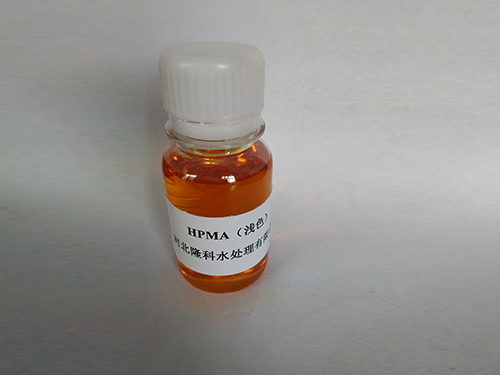scale and corrosion inhibitor for cooling tower
Scale and Corrosion Inhibitors for Cooling Towers
Cooling towers play a crucial role in various industrial processes, including power generation, petrochemical manufacturing, and HVAC systems. They function by transferring excess heat from industrial processes to the atmosphere, maintaining operational efficiency. However, the continual operation of cooling towers often leads to two significant issues scale formation and corrosion. Both phenomena can severely affect the performance and longevity of cooling systems, making the use of scale and corrosion inhibitors essential.
Understanding Scale Formation
Scale formation in cooling towers primarily occurs due to the deposition of minerals, such as calcium carbonate, calcium sulfate, and silica. As water evaporates during the cooling process, the concentration of these minerals increases, leading to precipitate formation. The accumulation of scale on heat exchange surfaces reduces thermal efficiency, impeding heat transfer and increasing energy consumption. If left unchecked, scale can create significant operational issues, requiring costly maintenance and potential system shutdowns for cleaning.
Corrosion in Cooling Systems
Corrosion, on the other hand, results from the electrochemical breakdown of metals in the presence of moisture and various chemicals. Cooling tower systems often include components made of steel, copper, and aluminum, which are vulnerable to corrosion. Factors such as high temperatures, water chemistry, and oxygen levels can accelerate this process, leading to pitting, rust, and material degradation. Corrosion compromises the structural integrity of cooling tower components, leading to leaks, failures, and increased operational costs.
scale and corrosion inhibitor for cooling tower

The Role of Inhibitors
To combat scale and corrosion, industries commonly employ chemical inhibitors. Scale inhibitors work by interfering with the crystallization process of minerals, preventing them from forming a solid deposit on surfaces. These inhibitors typically include phosphonates, polyacrylic acids, and other organic compounds that modify the way minerals behave in solution. By maintaining dissolved minerals in a stable state, scale inhibitors help to extend the operational life of cooling systems and reduce maintenance requirements.
Corrosion inhibitors, on the other hand, function by forming a protective layer on metal surfaces, reducing the rate of corrosion. These can be categorized into several types, including anodic inhibitors, cathodic inhibitors, and passivating agents. The choice of inhibitor depends on the specific water chemistry and material composition of the cooling tower. Effective corrosion inhibition can significantly extend the lifespan of cooling tower components, minimizing repairs and replacement costs.
Conclusion
In conclusion, the use of scale and corrosion inhibitors is vital for maintaining the efficiency and safety of cooling towers. By preventing scale buildup and minimizing corrosion, these inhibitors contribute to the overall effectiveness of cooling systems, reducing operational costs and enhancing system reliability. Regular monitoring and treatment are essential to ensure that cooling towers operate at optimal performance levels, thus safeguarding investments in industrial processes. As industries continue to evolve and face new challenges, the development and application of innovative inhibitors will remain a key focus for maintaining efficiency and sustainability in cooling tower operations.
-
Pbtc Scale InhibitorPBTC: A Scale Protector for Industrial Water TreatmentNewsAug.05,2025
-
Organic Phosphonate: An Efficient Defender in the Field of Scale InhibitionNewsAug.05,2025
-
Hydrolyzed Polymaleic Anhydride: Green Pioneer in Scale Inhibition FieldNewsAug.05,2025
-
PAPEMP Polyamino Polyether Methylene Phosphonic Acid For SaleNewsAug.05,2025
-
Flocculant Water Treatment: A Pioneer in Purification in the Field of Water TreatmentNewsAug.05,2025
-
Benzyl Isothiazolinone: An Efficient and Broad-Spectrum Antibacterial Protective GuardNewsAug.05,2025





